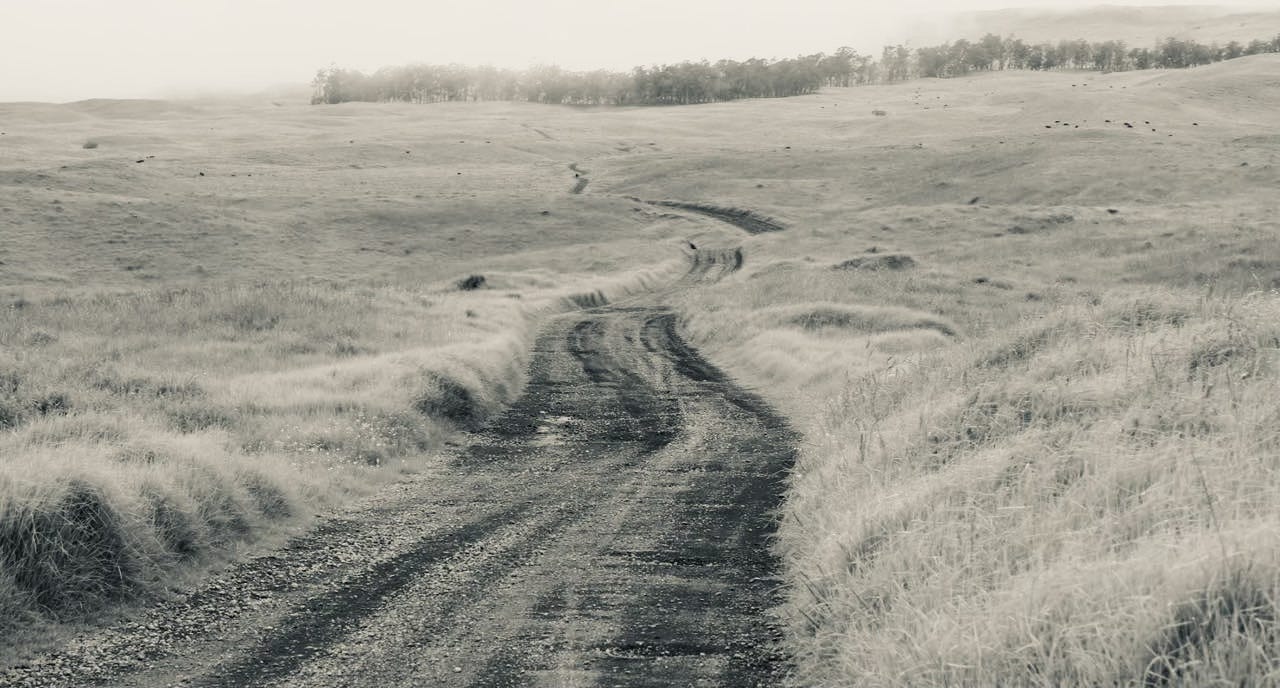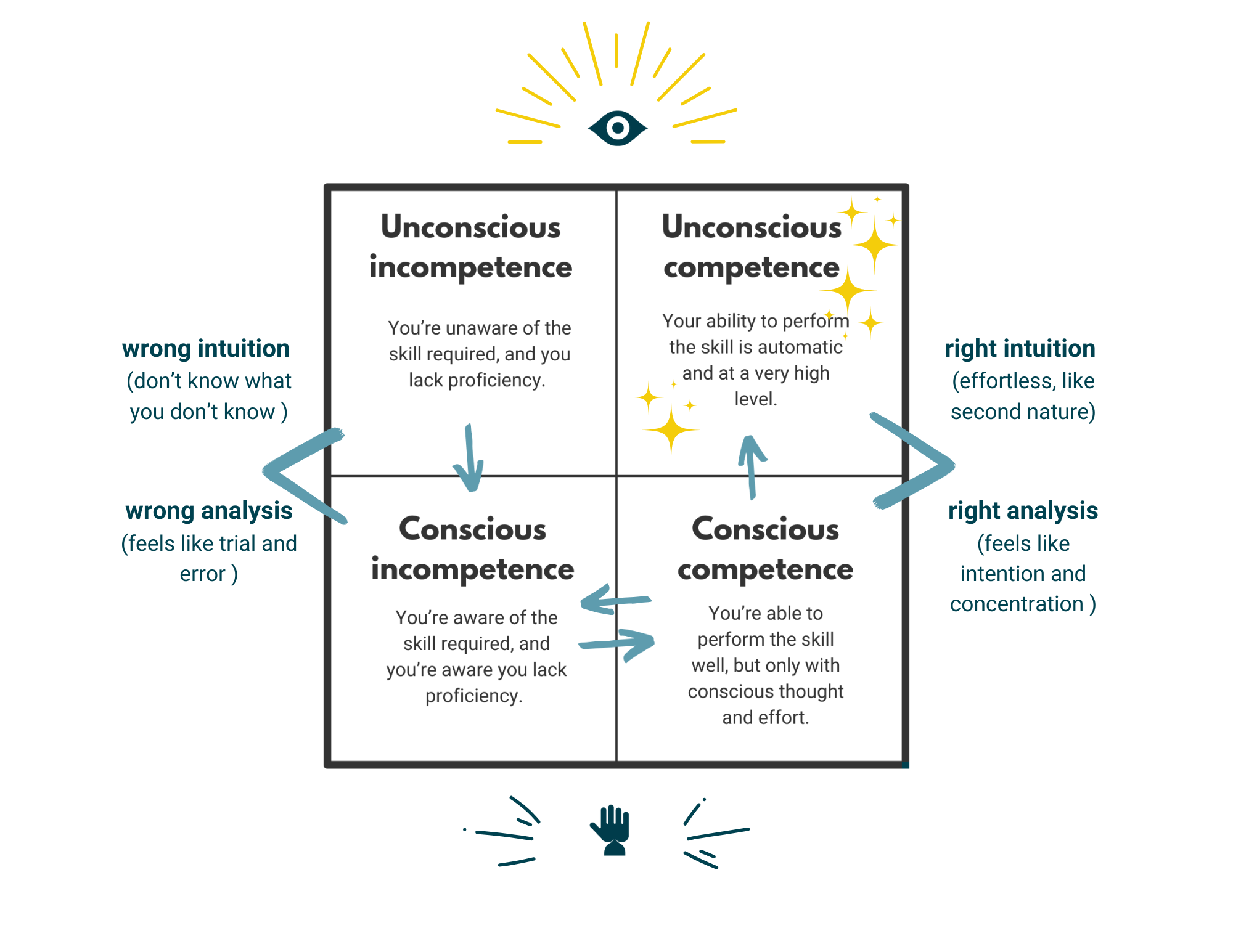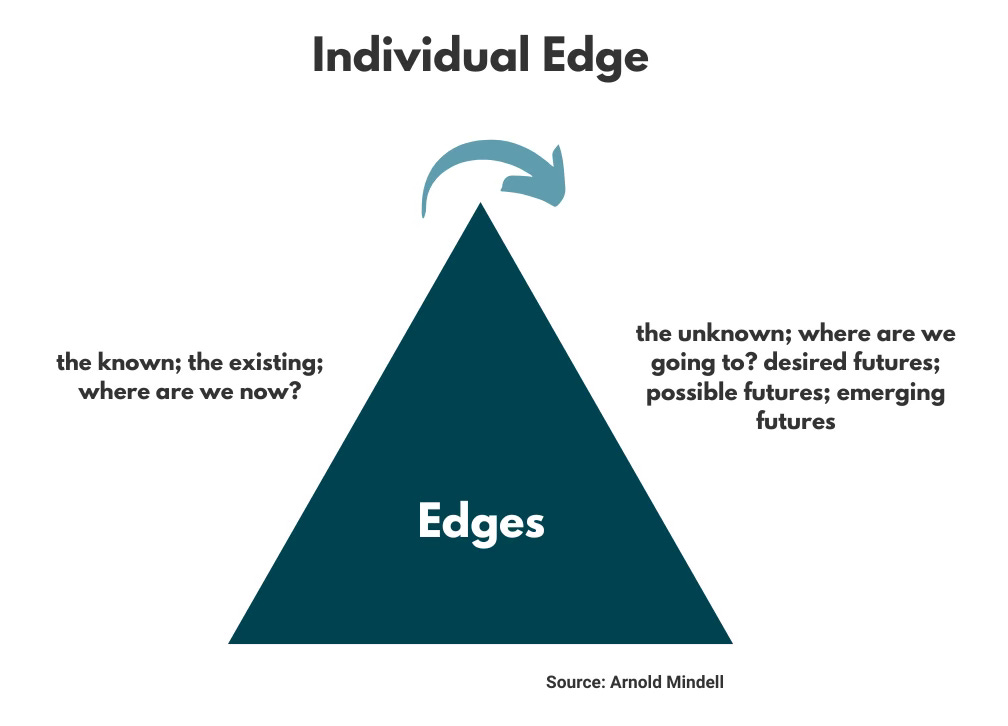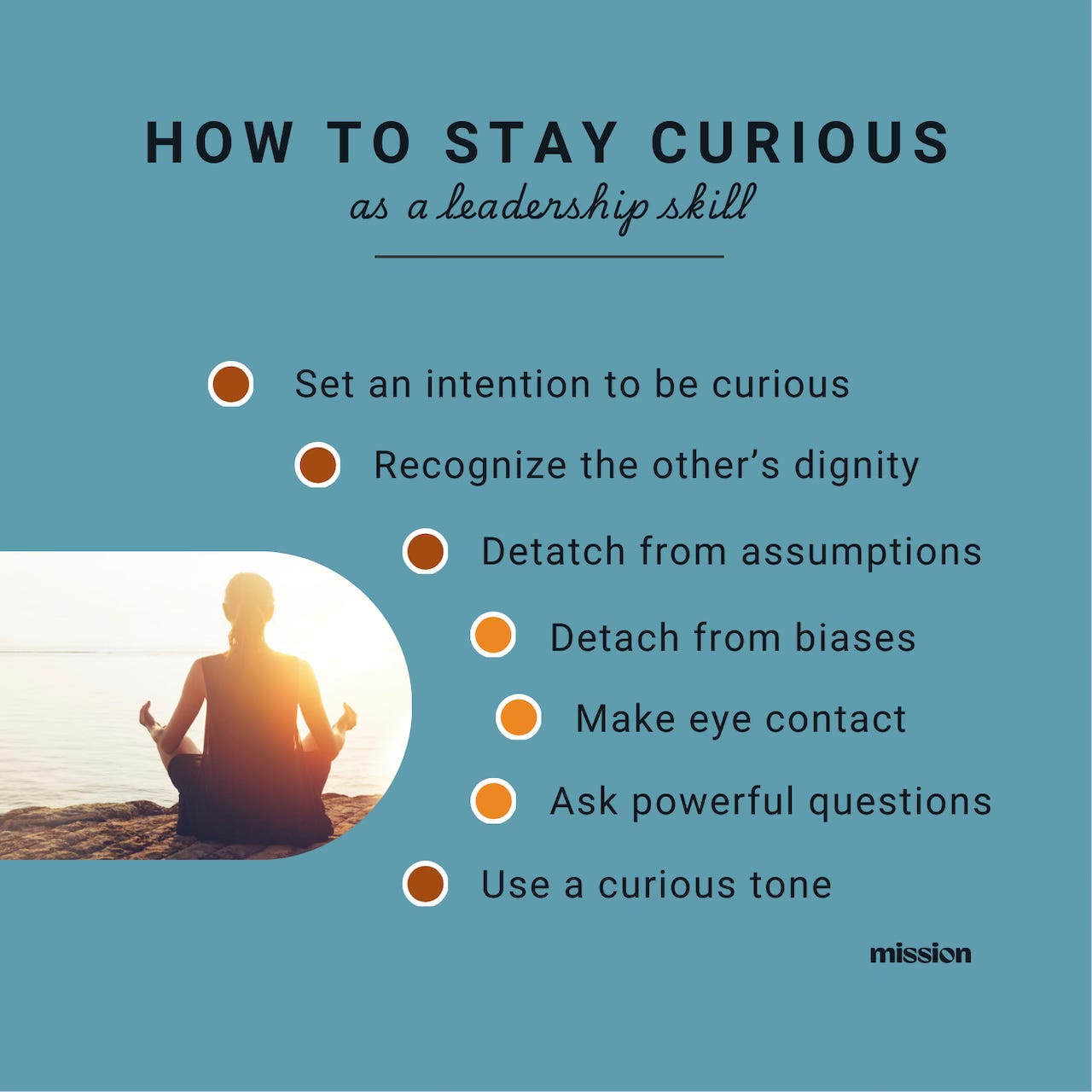From Vegas to Kansas and back
Stages of learning, crossing edges, and learning to connect
I returned home this weekend from Wichita, Kansas where I attended a conference for urban and rural community foundations. There were probably 400 or so people at this conference, known for its fundamentals track, and many of them new to the field.
I was a little bit new too, my first time as an attendee, and my first time tabling as a consultant and coach in the sector. Plus, I had lots of questions about what it’s like to live in a town of just a few thousand people, or even smaller. (“When friends ask if you want to come over for dinner, they mean in like 10 minutes.” “We have a small technical college so new people move in and out of town, but basically I know everyone.”)
Living in Vegas is unique to many people there, too. The evening I arrived, I went to Target to buy the requisite candy for our booth, and I ate dinner at the Chili’s next door. I lead a very glamorous life. (“I went to Vegas once,” the bartender said, “I remember everyone was insanely good looking.” “Exactly,” I replied. “That’s one-hundred percent true.”)
Back at the Wichita Marriott, the conference in full swing, I attended a lunch to hear a senior energy counselor in the US Department of Agriculture give a presentation. The federal government has funds available for rural communities to build or improve hospitals, government buildings, fire or police stations, food banks, etc. Community foundations, in turn, can serve as the connective tissue between the government and community, possibly providing technical assistant to access these funds, or working with community leaders to build a vision for where and how they might be used.
On my flight home, I sat next to Lauren, born and raised in Wichita, now in her first professional job in data management. She was traveling to Vegas for the first time to attend the When We Were Young music festival on the Strip. I watched her carefully study the festival website, placing little stars on the calendar next to the bands she most wanted to see, including My Chemical Romance. Then we discussed whether she like-likes the college friend she was meeting up with. Then she told me she’s always wanted to work with a life coach.
“I don’t know if I’m doing what I want with my life,” she said.
“What do you want?” I asked. “What’s your dream?”
“Maybe to open a restaurant,” she said. “But I know that’s hard.”
When we landed, I walked Lauren to where you meet your Uber driver in the parking garage because it’s tough to find on your own, and she’s only ever used a ride share app once.
Stages of competence
All week my mind kept returning to the model of the four stages of competence, which illustrates the psychology of how we learn—how we progress from unawareness to effortless performance. We begin with unconscious incompetence—in other words, we don’t know what we don’t know.
I thought about this most intently when I’d explain what coaching is to people who are unfamiliar with it, and how coach training improves our relationships.
Here’s the model of the stages of competence and how we progress through them:
Crossing edges
Becoming competent in a skill requires crossing the edges dividing the known from the unknown, the existing from the new, the present from the future, etc. Edges are the line between who we are, and who we are forced to become. In the stages of competence model above, crossing an “edge” looks like moving from one quadrant to another.
People crossing edges demonstrate all kinds of “edge” behavior, from asking questions, to nervous laugher, to negotiating whether they have to move, to making run-up attempts. You don’t have to look too hard to find examples of this—consider the process of putting kids to bed, or getting them ready for school. All kinds of edge behavior. Essentially, it’s an emotional journey, and people cross edges in their own time—or, they don’t.
The US is preparing to be forced over a collective edge with the upcoming presidential election just a few weeks away. You might be experiencing a shift in yourself as well—maybe because you’ve already cast your ballot, or because you’ve reached your limit with campaign ads and coverage, or because you’re beginning to look ahead to the election outcomes and how you, or others around you, might respond. We are a nation on edge.
Networking is just connecting
Final thought from my conference is that networking can be stressful for people. Once, fellow coach Brian Patacca made the observation that “networking is just connecting,” and this simple reframe changes everything. It makes it more human and less transactional.
One of the skills to network well is to become more curious about others. We barely ever talk about curiosity as a leadership skill, but it absolutely is:
Tips for improving your ability to connect
Here’s a list of what I notice in people who want to be better at networking and connecting, but aren’t there yet. This is what I would share with them:
Let go of the story you’re telling yourself about whether you’re “good” or “bad” at connecting. Everyone can improve. It’s a skill.
People who socialize easily often have invested in communication or relationship training—like what coaching provides.
They also seek opportunities to practice, practice, practice (which includes epic failures and weird, awkward moments. This happens to everyone.)
Glean as much insight as you want from a post like this, but improving interpersonal skills requires interpersonal practice. It’s not head knowledge; it’s experiential, the same way you get on a bike to learn to ride, or in the pool to learn to swim.
One fundamental mindset shift is to think of yourself less. Shift your attention to the other person … let them be the star.
You can establish rapport with someone in seconds; there’s no prerequisite length of time before you can go deep. I mean this. Practice with Lyft or Uber drivers if you want to test it out—start with something like, “What’s it like to be a driver?” then “What’s your dream?” They will not think it’s weird as long as you respond with genuine curiosity. I swear.
People’s pain is often right below the surface. If you’re a receptive listener, they will share it. It makes their burden a bit lighter.
Everyone needs acknowledgement that they are doing a good job, even with ordinary stuff. Be generous with it.
Do all of this with sincerity and curiosity. People are amazing if you’re open to seeing it.








